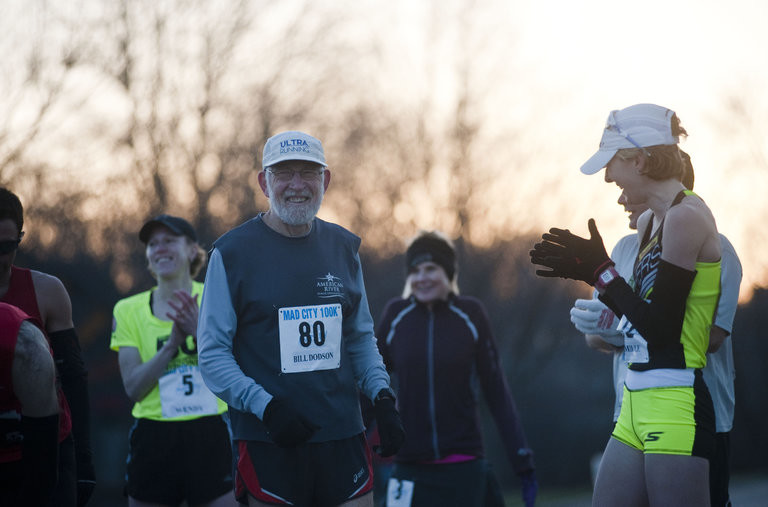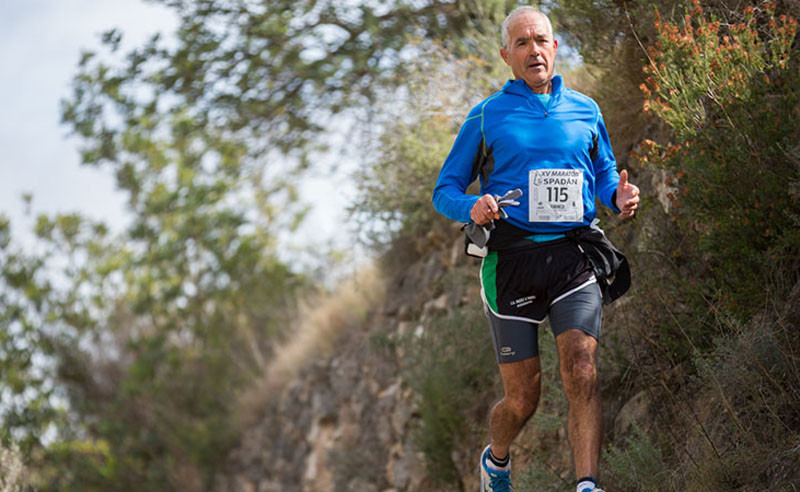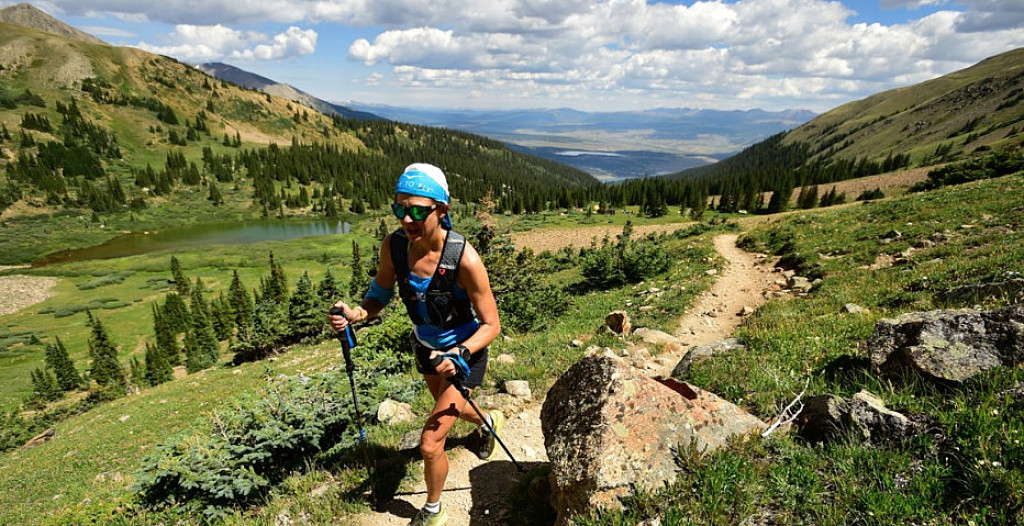Running News Daily
Running News Daily is edited by Bob Anderson. Send your news items to bob@mybestruns.com Advertising opportunities available. Train the Kenyan Way at KATA Kenya and Portugal owned and operated by Bob Anderson. Be sure to catch our movie A Long Run the movie KATA Running Camps and KATA Potato Farms - 31 now open in Kenya! https://kata.ke/
Index to Daily Posts · Sign Up For Updates · Run The World Feed
Yes, raw speed helps. But it isn’t everything. Why Older Runners Have an Edge in Ultra Races
There were two first-time winners at last weekend’s Leadville Trail 100 Run, as Ryan Smith of Boulder, Colorado, and Magdalena Boulet from Berkeley, California, persevered on the out-and-back course in the Colorado Rockies. Smith won the men’s race in a time of 16:33:24, while Boulet finished in 20:18:06 and, in a salute to her Western environs, broke the tape wearing a black Stetson hat.
Beyond their individual triumphs, Smith and Boulet also chalked one up for the 40+ demographic; Smith turned 40 this year, while Boulet is a spry 46. For those keeping score, this is actually the second consecutive year where both the male and female winners at Leadville were in their fifth decade. In 2018, it was Rob Krar (41) and Outside contributing editor Katie Arnold (46) who stood atop the podium in a race which is among the oldest 100-milers in the country and bears the prestige of being included in the so-called “Grand Slam of Ultrarunning.”

How to account for this quadragenarian dominance? Road racing snobs might point out that the field size in ultras is generally quite small and that these events are hence less competitive than big city marathons with thousands of participants. This year, the Leadville 100 had fewer than 400 finishers. Then there’s the fact that the elite ultrarunning scene, despite its increased mainstream visibility over the past decade, is still largely unprofessional, in the sense that weekend warriors can carry the day at certain marquee events. Smith works full-time as a software engineer, and Boulet is VP of research and development at GU Energy Labs. While this amateur spirit might be a point of pride for ultrarunners who don’t want their sport to devolve into the doping-riddled morass that is professional track and field, one could argue that it also subtly discourages the best pro distance athletes (i.e. Kenyan and Ethiopian runners) from turning to the trails. This, in turn, makes the podium perpetually attainable for the super-fit middle-aged hobbyist.
But maybe there’s more to it than that. Given the amount of stuff that can go wrong when you’re running 100 miles in the mountains, perhaps more “mature” athletes might have an advantage when raw speed is less essential than psychological resilience.

“Ultrarunning is about problem solving and being fast is just one piece in a larger puzzle,” says Boulet, who was back at work on Monday morning. “There are so many other pieces that need to fall into place in order to have a successful race.”
Boulet would know. In 2015, she triumphed at Western States, arguably the most vaunted ultra on U.S. soil. Last year, she won the Marathon des Sables, a 156-mile, six-day stage race in the Sahara Desert that frequently gets cited as one of the world’s most difficult races.
Boulet also has the rare distinction of having successfully transitioned into the world of ultrarunning after a previous career as a pro marathoner and road racer. In 2008, she made the U.S. Olympic team in the marathon. The following year she was the first American woman (sixth overall) at the NYC Marathon. With the exception of Kara Goucher, who contested her first trail marathon earlier this summer, Boulet is surely the most accomplished road racer to take a serious shot at competitive trail running.
“I was able to bring the experience from my marathon and road career into trail racing, but with a lot more experience and a lot more patience,” she says. “I’m a lot kinder to myself and my body.”
For his part, Sands, who describes himself as a “serious amateur,” agrees with Boulet that being the best pure runner is only one factor when a race involves one hundred miles of elevation change, gnarly terrain, and volatile weather. Unlike in shorter road races, where it is much more feasible to execute a race plan to perfection, in ultras the objective isn’t so much to avoid mishaps, as to make the best of it when they inevitably happen.
“Typically success in these longer events is not about getting everything dialed next to perfectly, because that’s just so rare,” Sands notes. “It’s really about, when some issue arises and you’re faced with a challenge, how well can you react in the moment to overcome it.”
This latter point reminded me of a recent email exchange I had with Robert Johnson, the editor and co-founder of Letsrun.com and a road-racing snob if ever there was one. Johnson made the point that one thing he finds intriguing about ultras is that there is still an aspect of the “unknown.” He noted that training for traditional distance running had more or less been “solved”; everyone already knows, more or less, how to prepare for races. Ultra-running, on the other hand, is still very much an undiscovered country.
Boulet agrees with this assessment.
“After twelve years of doing marathons, I got to the point where I had that formula dialed-in really well with my coach. We could look at a block of training and know what that translates into [performance-wise]. It was very predictable,” she says.
But the ultra scene offers enough potential variation that, Boulet notes, each race can necessitate its own specific training cycle. In the lead-up to Marathon des Sables, for instance, she spent weeks running on sand.
“For someone who is older, ultras are really exciting because you’re not doing the same thing over and over. They keep changing,” Boulet says.
“I think that’s also a key to longevity in the sport. To keep it interesting—and fun.”
Login to leave a comment




